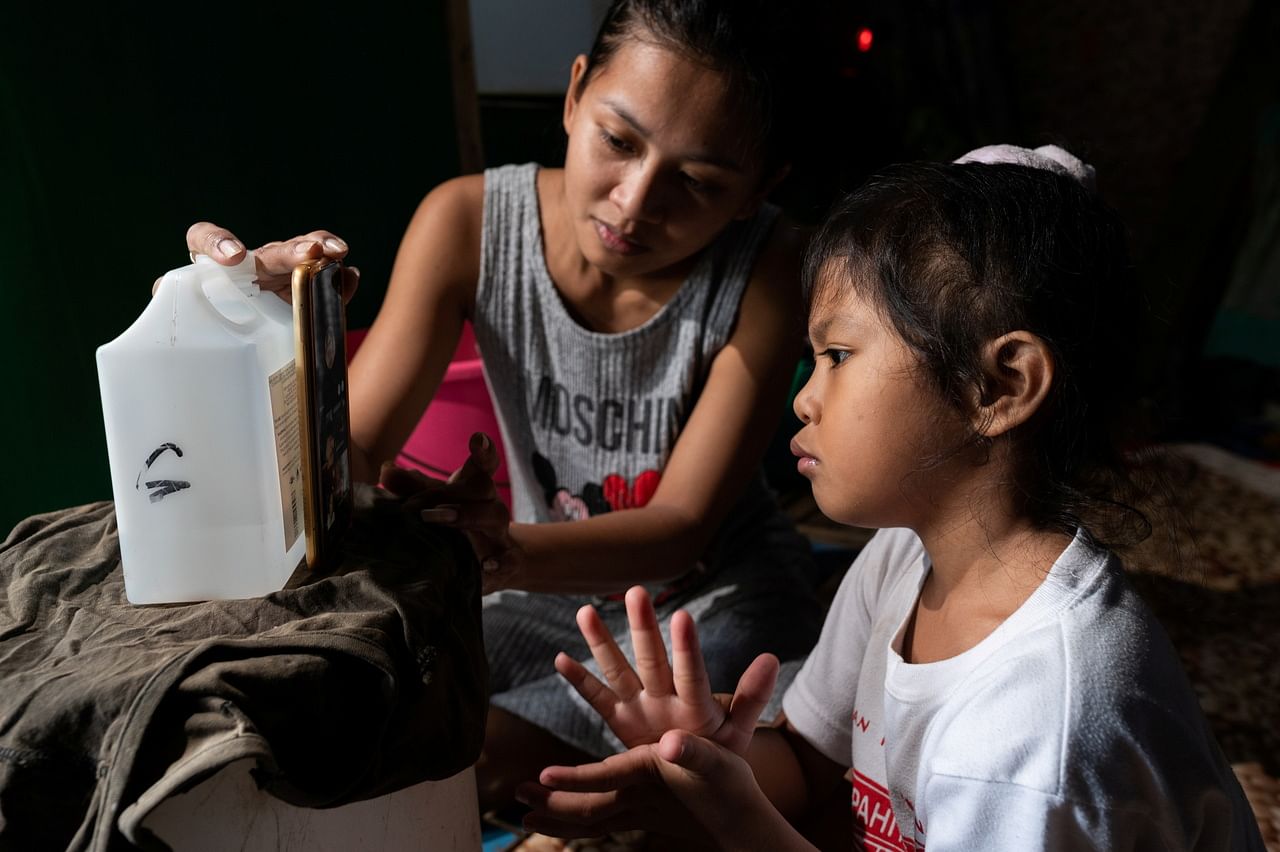SINGAPORE - The Asia-Pacific Economic Cooperation (Apec) bloc should lead the charge to forge global digital standards that are crucial in tackling the widening gulf of opportunities between digital haves and have-nots, said Prime Minister Lee Hsien Loong on Thursday (Nov 11).
The 21-member bloc, having facilitated and improved trade liberalisation and investment across borders, is well placed to lead the coherent and concerted effort needed to set the standards as the world transitions to the next frontier of digitalisation, he added.
The goal is to have more people participate meaningfully in the digital economy, he said in a pre-recorded speech streamed virtually at the Apec CEO Summit.
The annual business forum is taking place ahead of a Friday meeting of leaders from the Apec trade group, including United States President Joe Biden and his Chinese counterpart Xi Jinping.
PM Lee noted that in establishing global digital standards, there are several areas to consider - from data access issues to misinformation risks - and several overlapping discussions on major platforms, be it at the World Economic Forum or the United Nations.
"It is useful to bring them together in a coherent manner," he said.
He offered four guiding principles to shape a global digital architecture.
It must be focused on improving people's daily lives; include all relevant stakeholders, from the government to civil society; set multi-disciplinary and multi-sectoral norms fit for the complexity of digital challenges; and finally, identify a common set of development goals as a basis for global cooperation.
Singapore thus supports the UN's proposal to establish a global digital compact laying out principles for an open, interoperable and secure digital future, he said.
PM Lee added that with increasing digitalisation comes greater vulnerability to cyber threats - and hence a pressing need to agree on multilateral cyber-security regulations.
"While each economy must strengthen our own cyber defences, we also need international ground rules, so that the digital world does not become an anarchic space subject only to the law of the jungle."
Earlier in his speech, he suggested how Apec economies - who collectively account for some 40 per cent of the world's population and 60 per cent of the global economy - could extend their scope to digitalisation both regionally and domestically as well.

For instance, Apec's successes in regional economic integration - as seen in major trade deals like the Comprehensive and Progressive Agreement for the Trans-Pacific Partnership and the Regional Comprehensive Economic Partnership - must be carried through to the digital domain, he said.
Focused digital economy agreements, which establish rules for digital trade between two or more economies, are a possible building block for a larger framework, said PM Lee, citing such an arrangement between Singapore and Australia.
He added that with more Apec economies expressing interest, the grouping should work towards either developing a new regionwide agreement or expanding an existing partnership between Singapore, Chile and New Zealand.
"This will be a new dimension of economic integration," said PM Lee. "It will enable businesses to connect more easily across borders and reach new markets in the digital economy."
Domestically, countries must transform their economies by investing and adopting digital infrastructure, while supporting lifelong education and training to help workers and companies adapt to the new age.
He pointed to Singapore's port group PSA International, which he described as "building an Internet of logistics" and "layering digital connectivity onto physical connectivity" - for instance by creating digital platforms for shippers and cargo owners to track shipments more efficiently.
Singapore also encourages large firms to work with small and medium-sized enterprises (SMEs) on digital collaborations, and has schemes in place to second researchers to SMEs to improve their innovation capabilities.
"Apec should play a significant role as we strive to ride the digital wave," PM Lee concluded in his virtual address.
The Apec summits were due to be held in person in Auckland, New Zealand, but have been moved online because of Covid-19.
This is the second year in a row the meetings are taking place virtually, after Malaysia's turn as host in 2020.
Apec has already made some progress digitalising cross-border trade flows, promoting e-commerce, facilitating flows of digital services, and capturing investment value on innovative digital solutions, said PM Lee.
"But for digital trade to flourish, we must maintain and enhance an open, liberal, inclusive environment. Apec economies can take the lead on this, and work with the rest of the world," he added.

